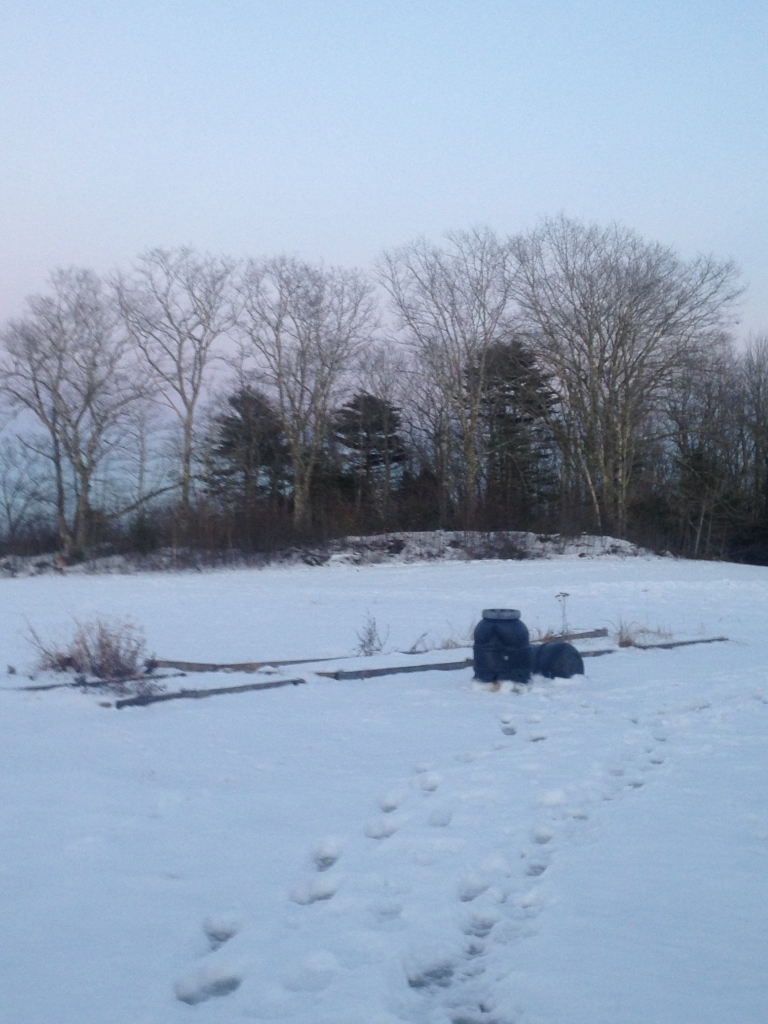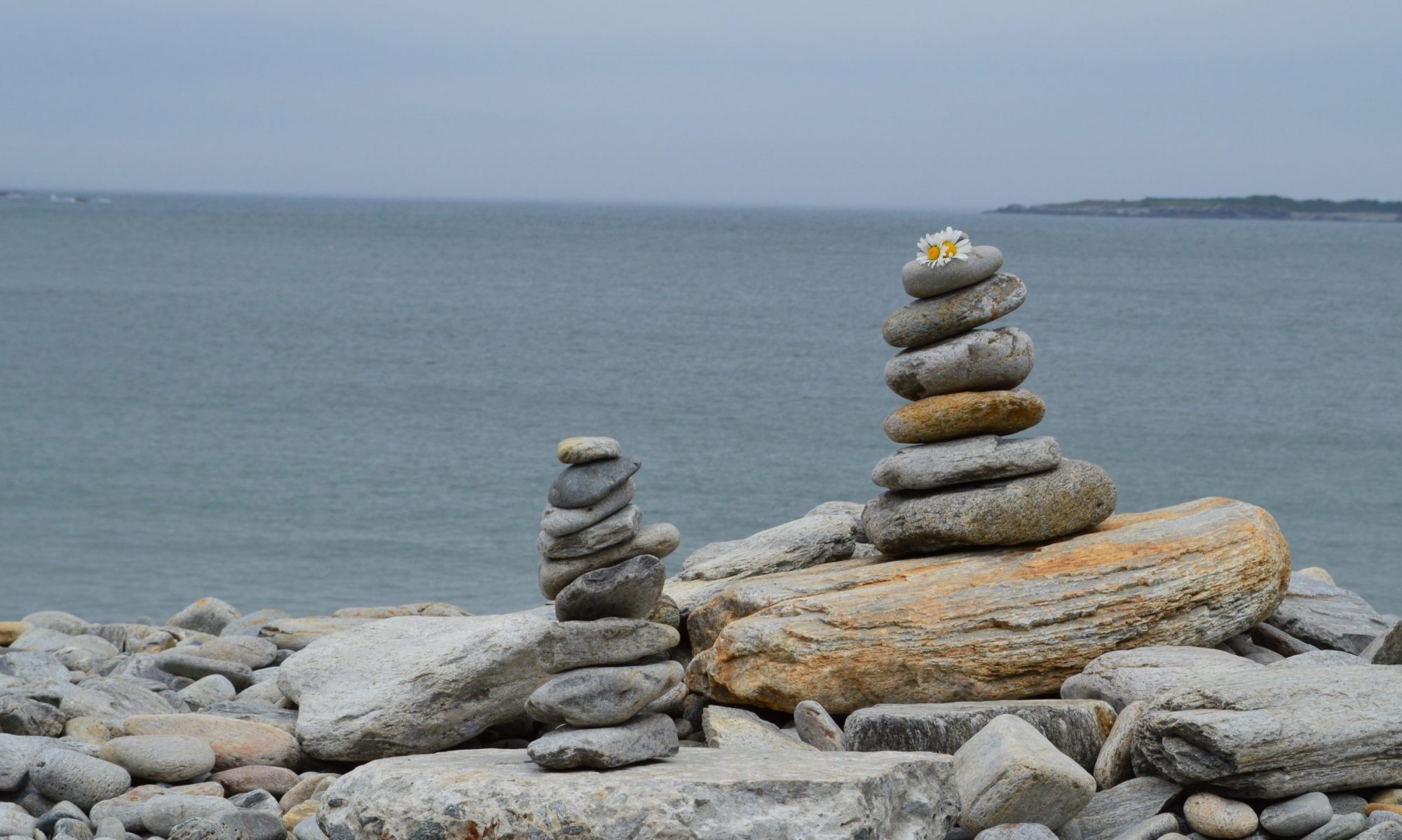We keep a 1 gallon stainless steel compost bin in our kitchen. A few times a week, it fills to overflowing with vegetable scraps and fruit peels, tea bags and bread crusts. This morning, the top wouldn’t be squeezed down on top one more time. It was time to take it outside to the large compost bins down by the garden. As I picked up the bin, I wondered why it had to be so full that it was no longer useful before we would take it out. Why was I so reluctant to engage in this 10 minute task?
We used to faithfully follow the advice of Harvey Jackins, founder of Re-evaluation Counseling, who said, “when it’s time to take out the garbage, take out the garbage.” Speaking of emotions and memories, Harvey was suggesting that if it is not serving you, remove it. In our home, we have often repeated Harvey’s words as a reminder to manage both household chores and also to manage emotional health and balance. The walk to the barn with the garbage or to the garden with the compost is an opportunity to clear the mind and heart as well as the house. It always feels better when it has been done, but we have also been known to let the compost and the garbage pile up. This has been one of those times.
After pulling on hat, mittens, coat, boots, and the little metal spikes that go on the bottom of my boots, I was ready to take the compost out this morning. Even with the spikes on my boots, I walk down the sheet of ice that is my backyard very carefully. At that pace, I am suddenly aware that taking out the compost in the deep of winter is an act of patience and faith. After all, it is still freezing outside. The cycles of freeze and thaw that we have been experiencing still lean more heavily toward the freeze. That is why the backyard is a sheet of ice. The compost in the kitchen bin will join several months worth of food scraps in a larger pile of frozen food waste that is waiting for the heat and light of springtime. It is no wonder I resist this chore right now; patience and faith are hard work. There are dozens of diversions in my modern life that require a lot less effort than this.
But this small household chore is a ritual of affirmation, an opportunity to declare my confidence in the cycles of the earth. Spring will be arriving. The frozen compost will thaw and decompose. The frozen earth will thaw and nourish new life. I have complete confidence in the certainty of this repeating universal cycle. Perhaps it is a counterbalance to the myriad ways in which life feels uncertain. Or perhaps the rhythms of the earth and skies provide a larger container, a safe holding space for the ups and downs of daily life. Or perhaps, paying attention to the seasonal cycles offers a wide lens view of a world I more often experience through the specific and particular moments, emotions, and events of my life.
Last weekend, at Renewal in the Wilderness’s Imbolc Celebration, we took a slow walk as we considered the ways in which heart, hand, head, and hearth resonate or inform our lives. I was surprised to find myself drawn toward walking with the “Heart and Hand” group rather than the “Hearth and Head” group. After all, I spend an awful lot of time in the kitchen and a lot of time wrestling with words. But Sunday, I was drawn to consider the work of my heart and the work of my hands. As I walked, I thought about my ongoing process of learning to attend to the necessary balance between giving and receiving generosity. I thought about compassion and the ways in which my hands (and my body, in general) provide a vehicle through which I can express the love in my heart. I noticed how much courage we all must muster to follow the calls of our lives. And I thought about the patience and faith that carry us through the dark and frozen seasons of our lives and into the softening light and warmth.
And I though about all of this again as I walked the compost out to the frozen garden this morning. And as I wrote this post, I remember that I wrote about the winter compost last year too. Life is full of repeating cycles and I am called to live into them deeply and anew at each return. It seems all of this — the noticing, the remembering, and the returning — is the work of my heart and hands, and my head and hearth too. What is yours?

